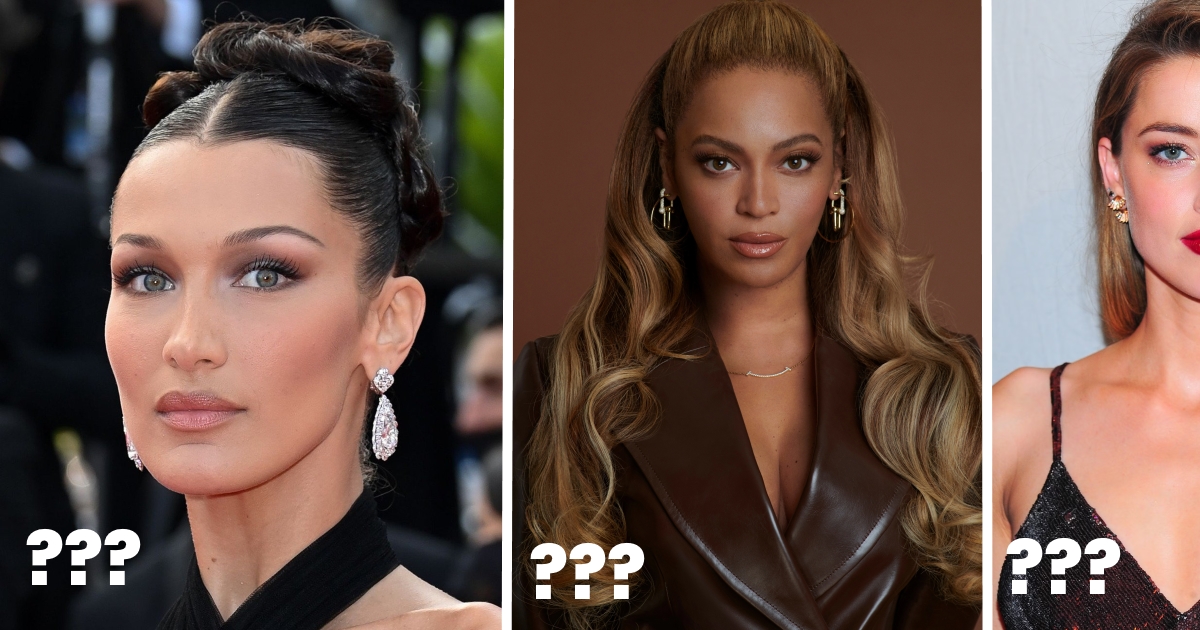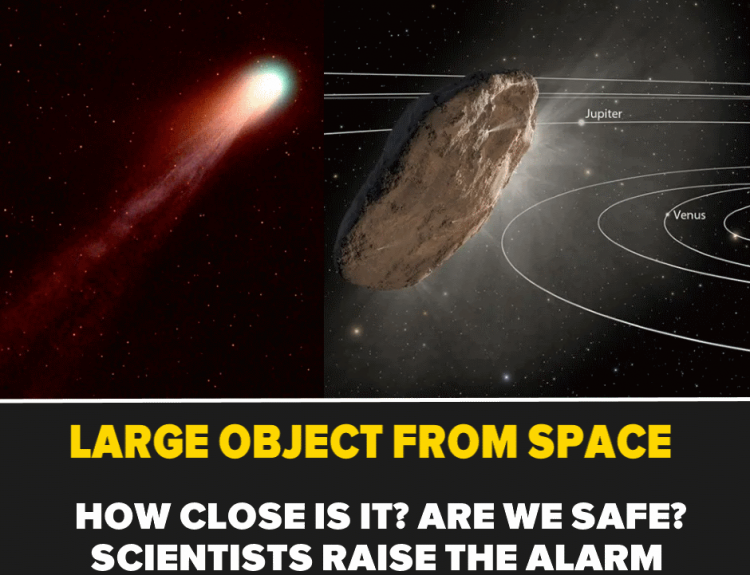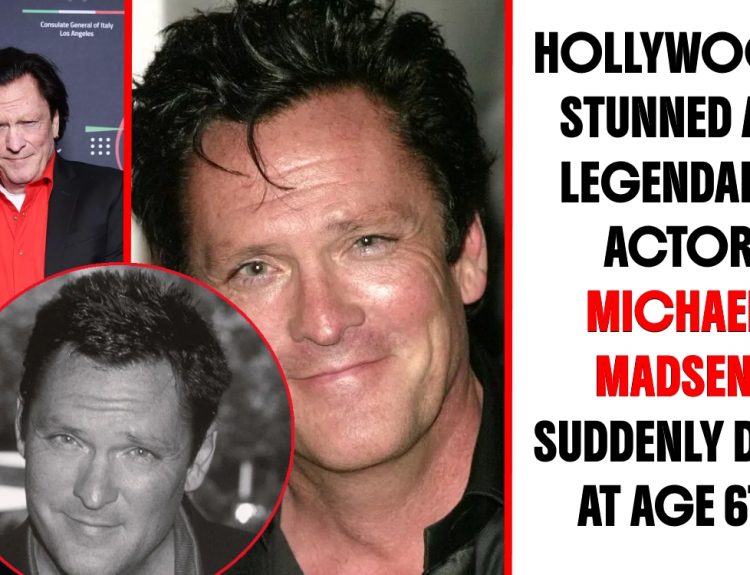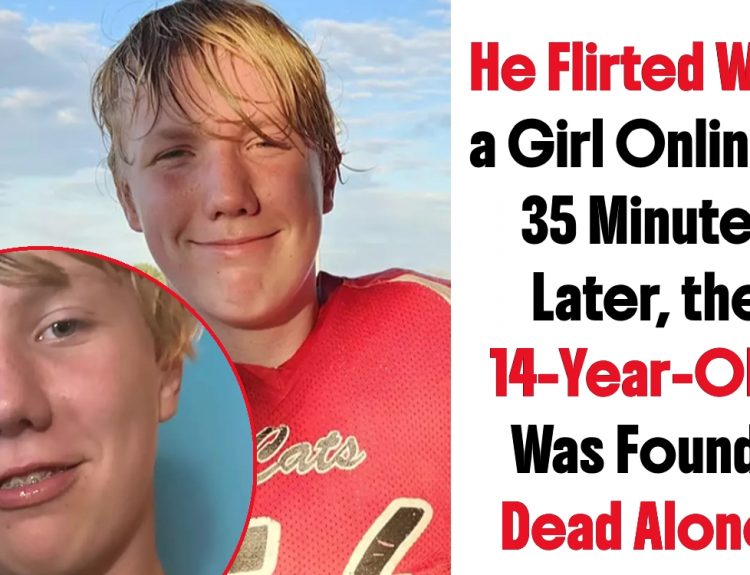The ancient Greeks called it the “Golden Ratio.” A mathematical formula once used in architecture and art — now being applied to faces. And when that formula is used on real women, the results have lit up social media with debate, admiration, and even outrage.
It’s called the Phi Ratio — 1.618 — a number found in nature, seashells, the Parthenon, and allegedly, the most beautiful human faces. British cosmetic surgeon Dr. Julian De Silva used it to determine which celebrity faces came closest to this “ideal” symmetry, and the list has stirred a storm online since it was first revealed.
Coming in first, according to the math, is Bella Hadid, the American model whose features reportedly scored a staggering 94.35% accuracy to the golden ratio. The symmetry of her chin, eyes, and facial proportions were deemed “almost mathematically perfect.” But the internet wasn’t convinced that beauty could be reduced to geometry.
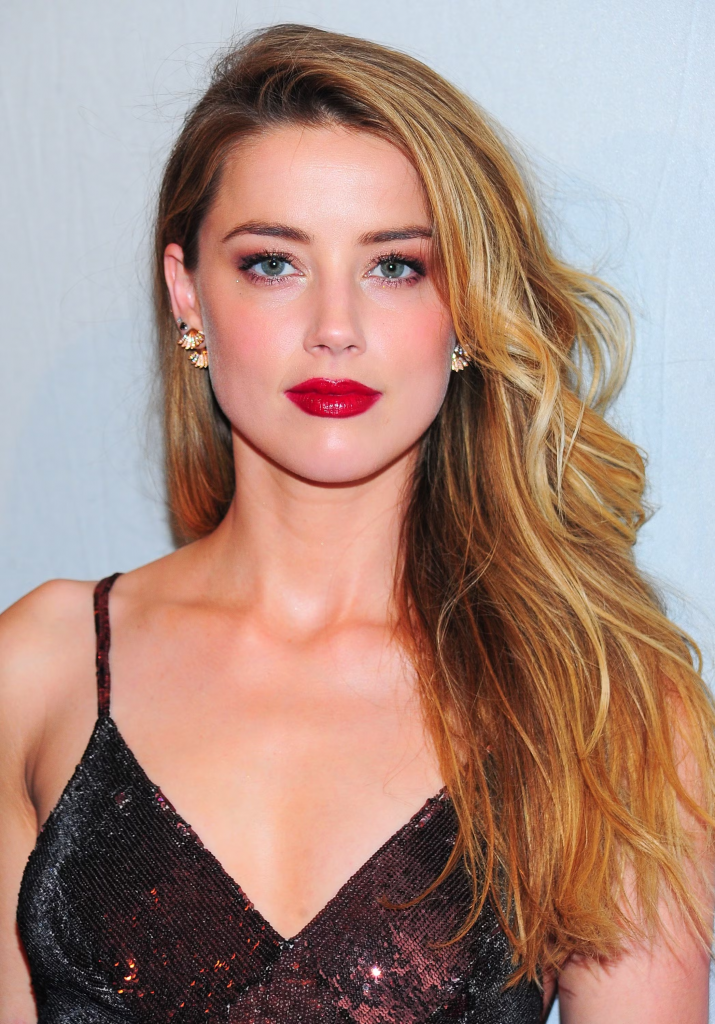
“I love Bella, but beauty isn’t math,” one user wrote beneath a viral tweet showing the top contenders. Others questioned whether cultural bias played a role, noting the lack of representation from diverse ethnic backgrounds.
Second place went to Beyoncé, whose face was measured at 92.44% according to the golden ratio — earning praise for her “regal bone structure” and “balanced features.” Her fans quickly flooded the comments on TikTok and X, praising her inclusion as proof that “real beauty doesn’t age.”
“Beyoncé is 41 and still beating out 20-year-olds? That’s queen behavior,” said one top-liked comment beneath this TikTok post explaining the science-based list.
Other names in the top 9 included Amber Heard (91.85%), whose placement raised eyebrows due to her controversial legal battles with ex-husband Johnny Depp. Some online users felt that her appearance on the list risked “glorifying problematic public figures.” One tweet went viral for calling the list “tone-deaf,” racking up over 100,000 likes in just 24 hours.
But perhaps the most unexpected entry was Ariana Grande, who scored 91.81%. While fans cheered her youthful, symmetrical features, some noted that Ariana has publicly spoken about body image issues. As one X user wrote, “Ariana literally said she doesn’t want to be judged by looks — now she’s on a list made by a plastic surgeon? Do better.”
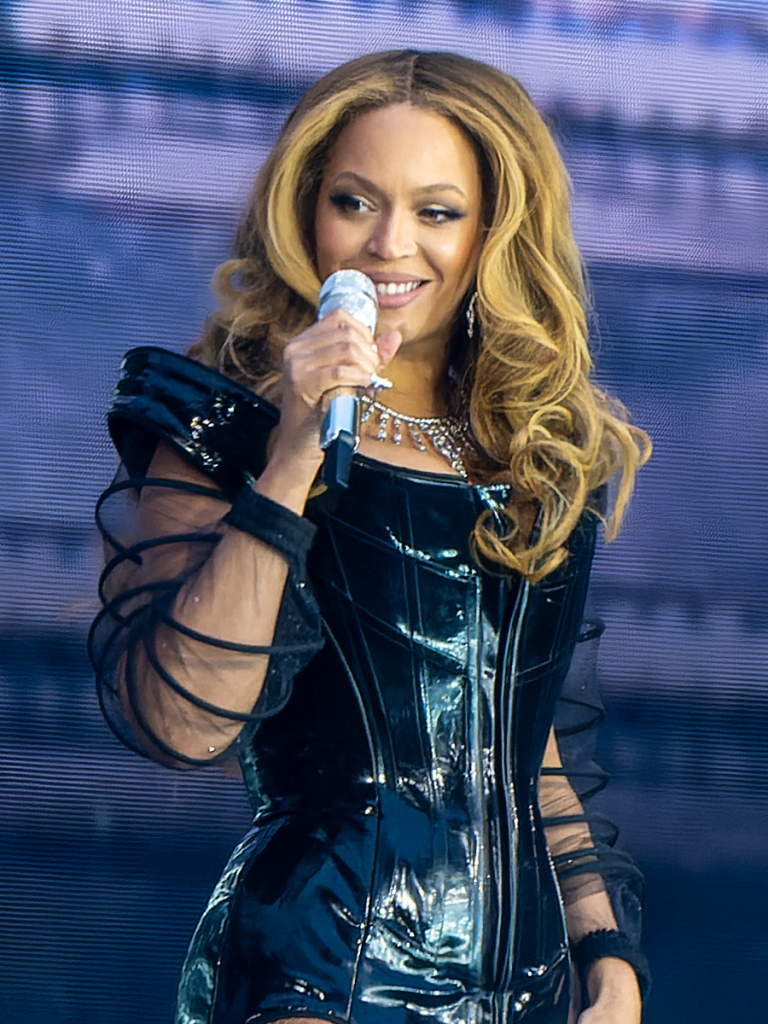
The full top 9 includes:
- Beyoncé – 92.44%
- Bella Hadid – 94.35%
- Amber Heard – 91.85%
- Ariana Grande – 91.81%
- Taylor Swift – 91.64%
- Kate Moss – 91.05%
- Scarlett Johansson – 90.91%
- Natalie Portman – 90.51%
- Katy Perry – 90.08%
One tweet that exploded in popularity was this one from @girlposts, which read: “This is science? No Lupita. No Zendaya. No Ana de Armas. But we got Amber Heard?” The tweet has since been reposted over 50,000 times.
The criticism hasn’t gone unnoticed. Experts have warned that ranking women by facial symmetry is both culturally reductive and psychologically harmful. Dr. Anya Parikh, a psychologist specializing in body dysmorphia, told The Guardian: “Lists like these disguise themselves as ‘objective,’ but they perpetuate harmful beauty standards that have real-world impacts — especially on young women.”
One such example emerged when a teenage girl posted her reaction to not “measuring up” on her own face using a golden ratio filter on Instagram. The now-viral video, viewed over 3 million times, shows her in tears saying, “I wish I looked like Bella Hadid.” It triggered an outpouring of responses — both supportive and heart-wrenching — across TikTok and Reddit.
Even celebrities themselves have pushed back. Selena Gomez, who didn’t appear on the list, posted a selfie to Instagram Stories with the caption: “Golden ratio? Nah. Golden heart.” Fans widely interpreted it as subtle shade toward the rankings, and praised her for focusing on character over symmetry.
Across platforms, the debate rages on. A Reddit thread in r/FemaleCelebrities broke down how facial symmetry has been historically weaponized against women. A user pointed out, “In the 1800s, women were judged for head shapes. Now it’s geometry apps.” The post quickly hit the top of the subreddit.
One of the most balanced takes came from a tweet that read: “Beauty isn’t math. These women are beautiful, but so are millions of others who’ll never score 90% on a plastic surgeon’s chart.” It was reposted by several verified influencers, sparking discussion on what “ideal” beauty even means in a global, multicultural world.
Ironically, Dr. De Silva himself later admitted in a follow-up interview that the list is “just for fun” and not a serious ranking of human value. But the damage — or at least the influence — may already be done.
As filters, AI beauty tools, and cosmetic surgery apps grow in popularity, these so-called “objective” standards are becoming the new baseline — even if subconsciously. The beauty industry, as one commentator on YouTube noted, has now “outsourced its crown to math.”
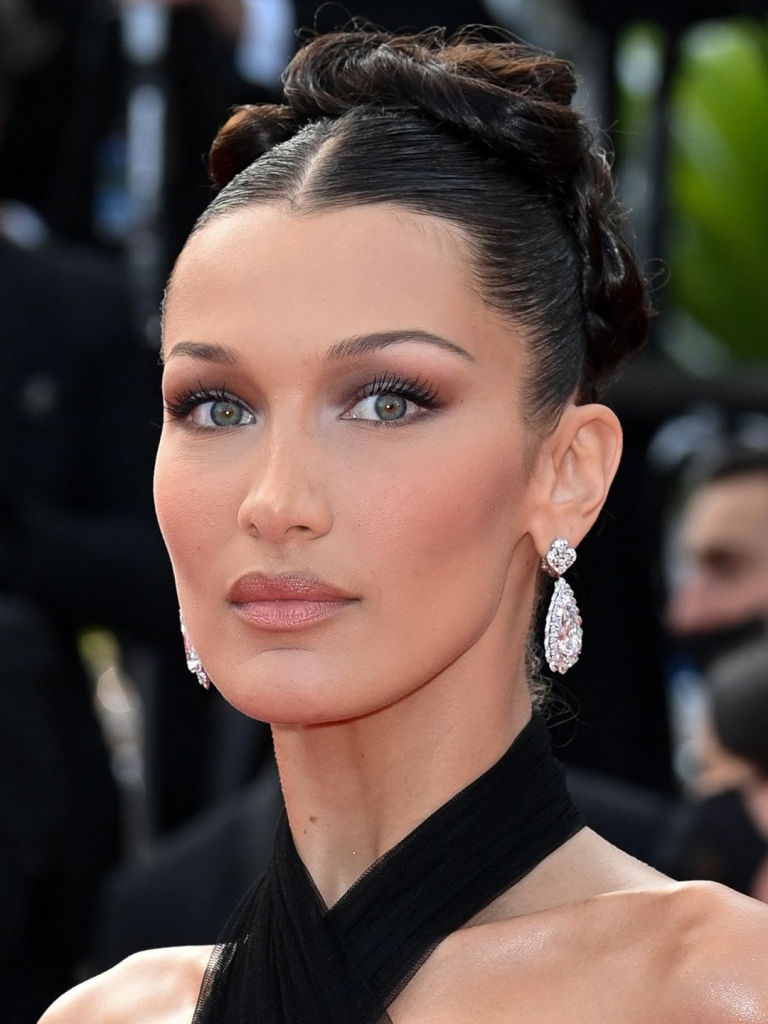
But perhaps the most poignant response came from a mother who posted a side-by-side photo of her daughter next to Bella Hadid, writing: “One of these girls is my daughter. She has Down syndrome. The other is a supermodel. I don’t care what science says — they’re both perfect to me.”
That post has now been shared nearly 200,000 times — and counting.

